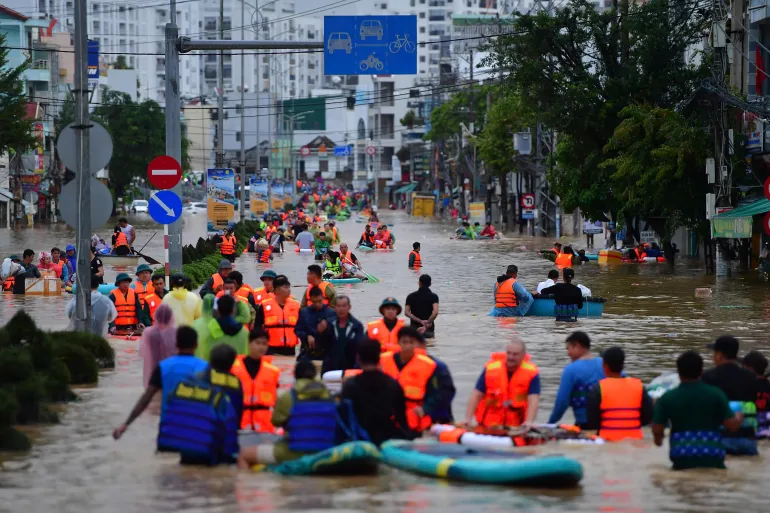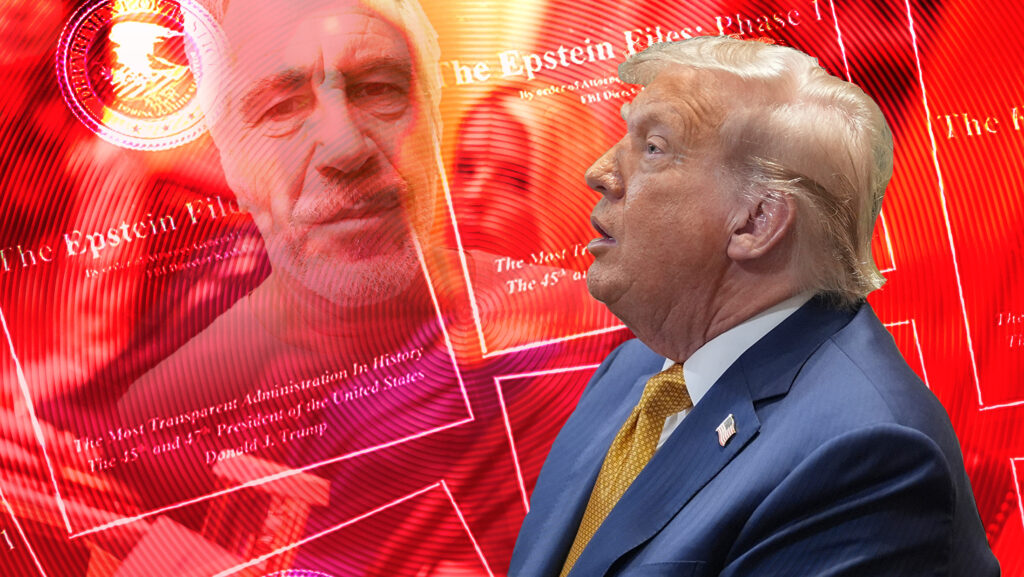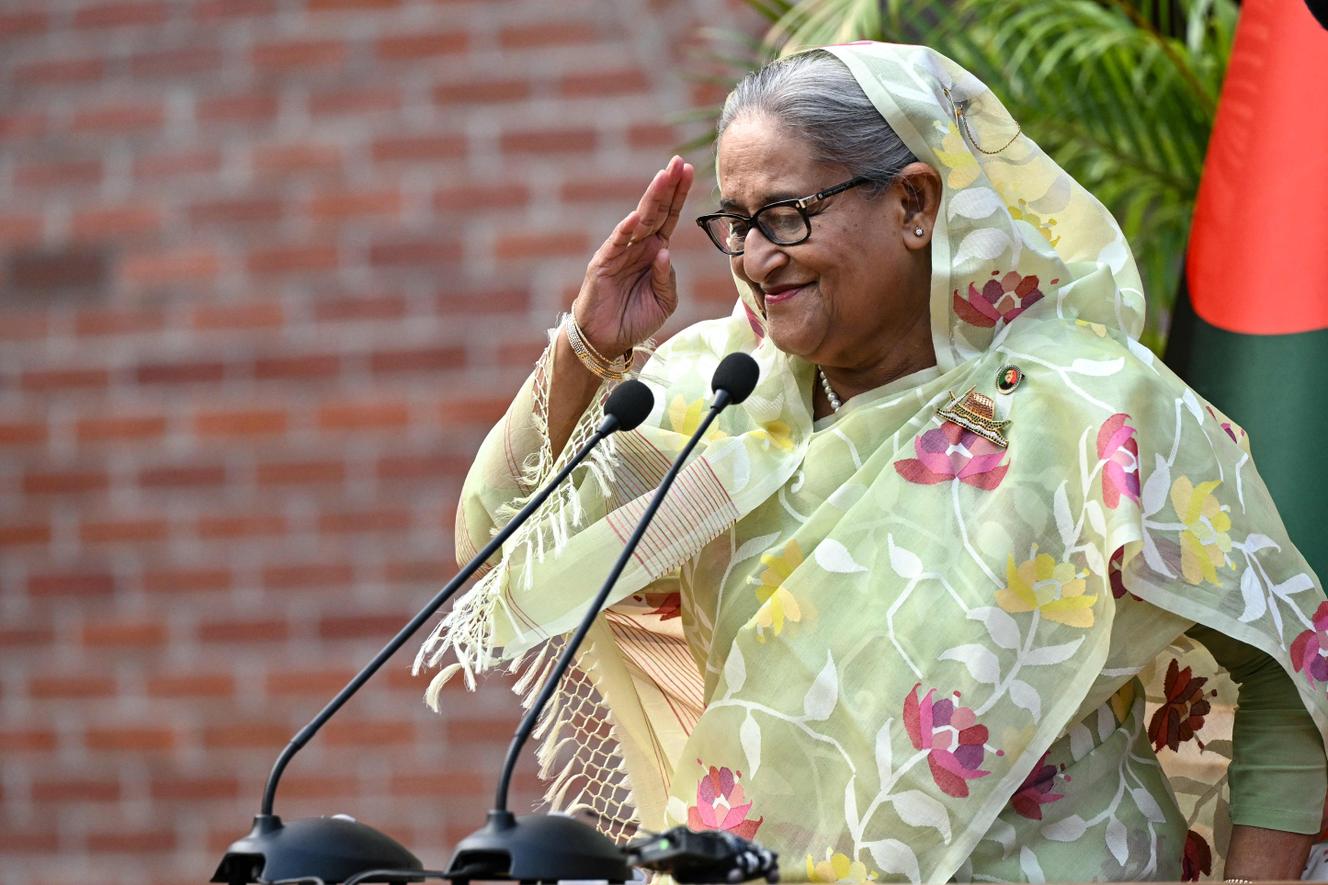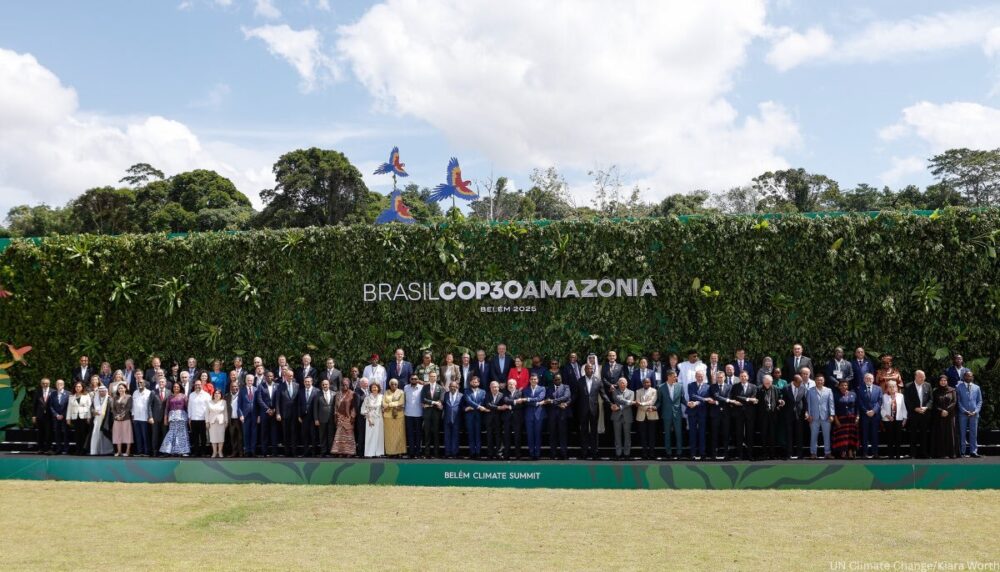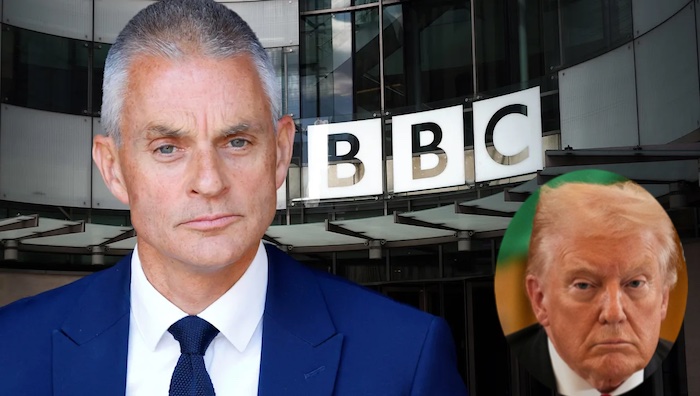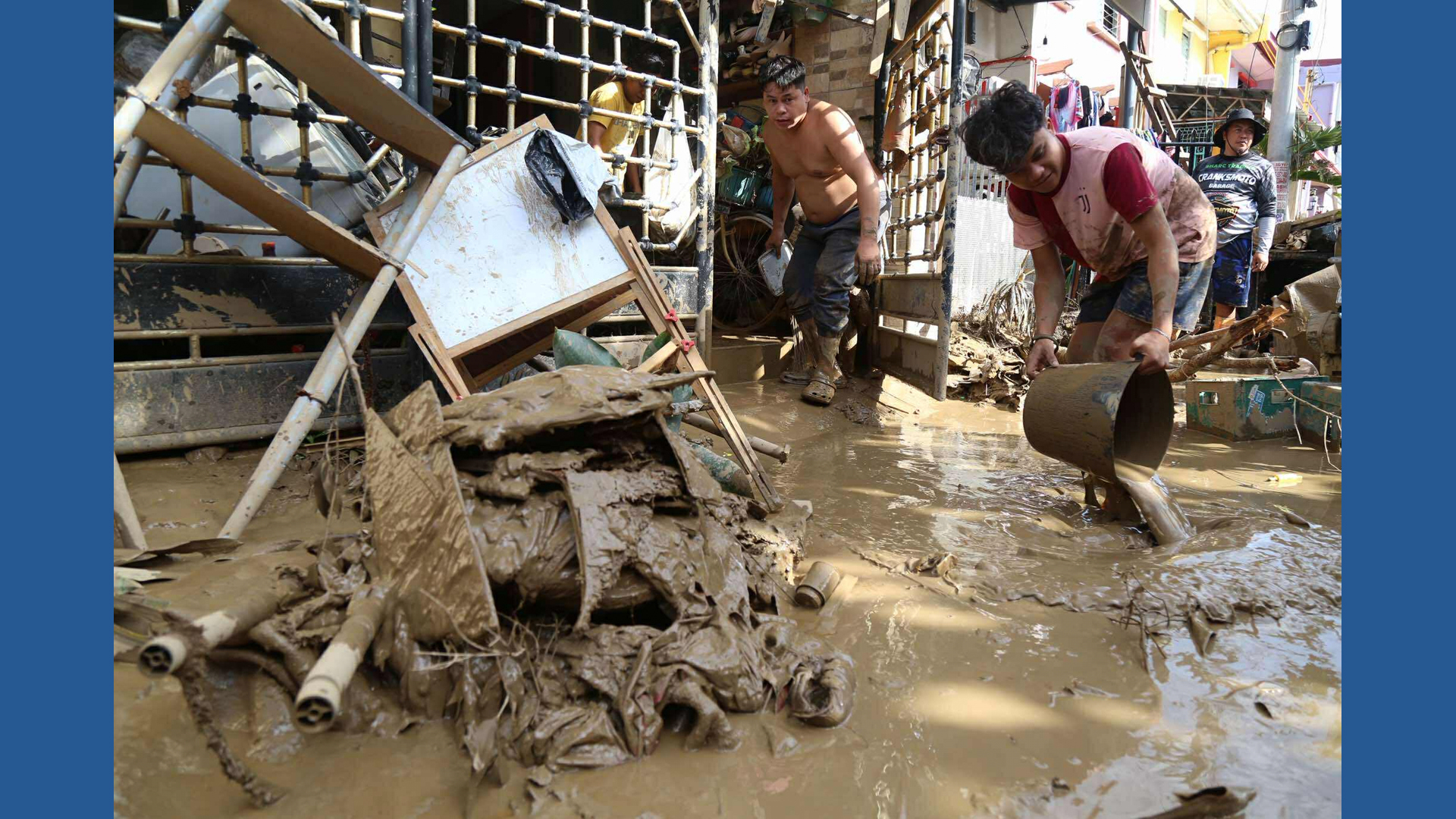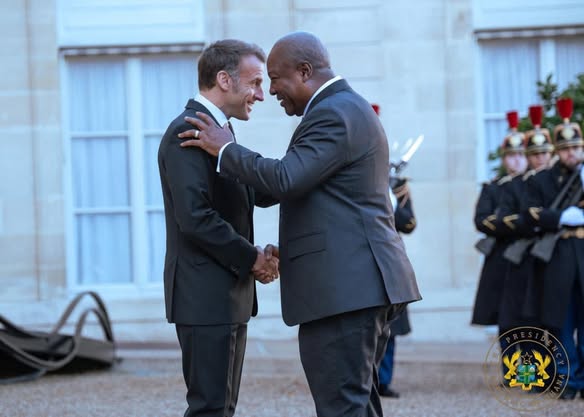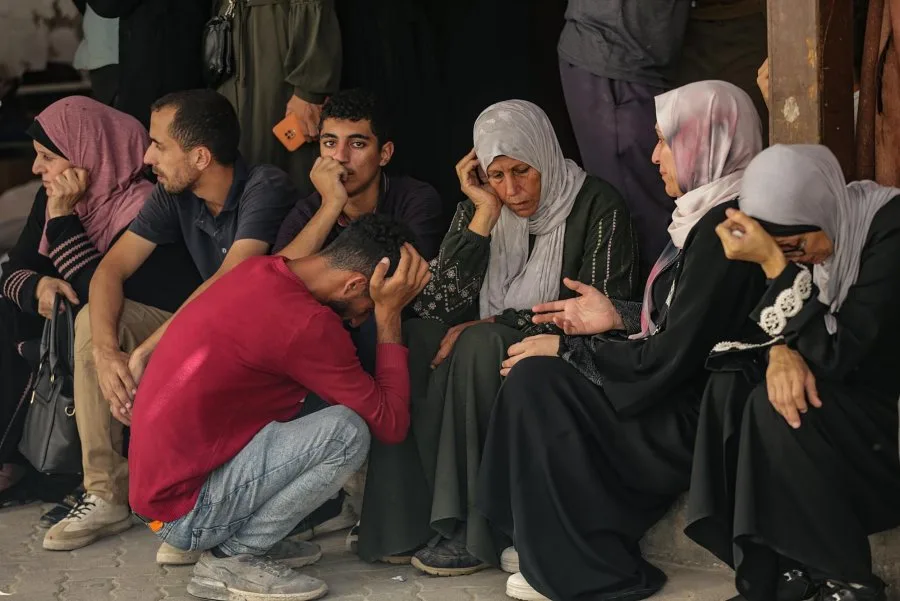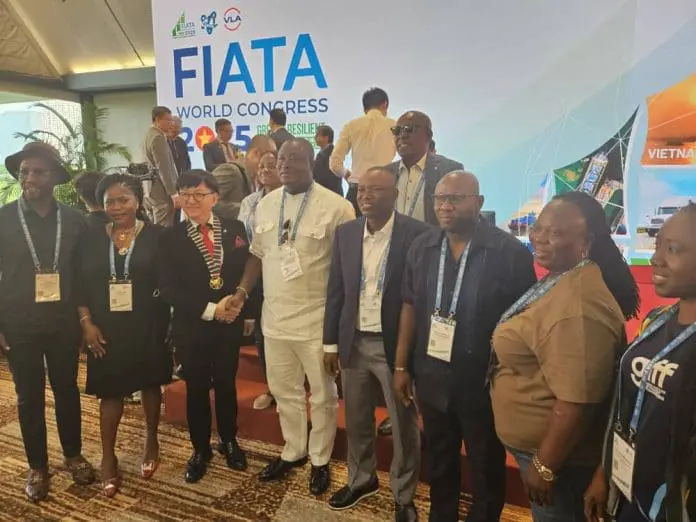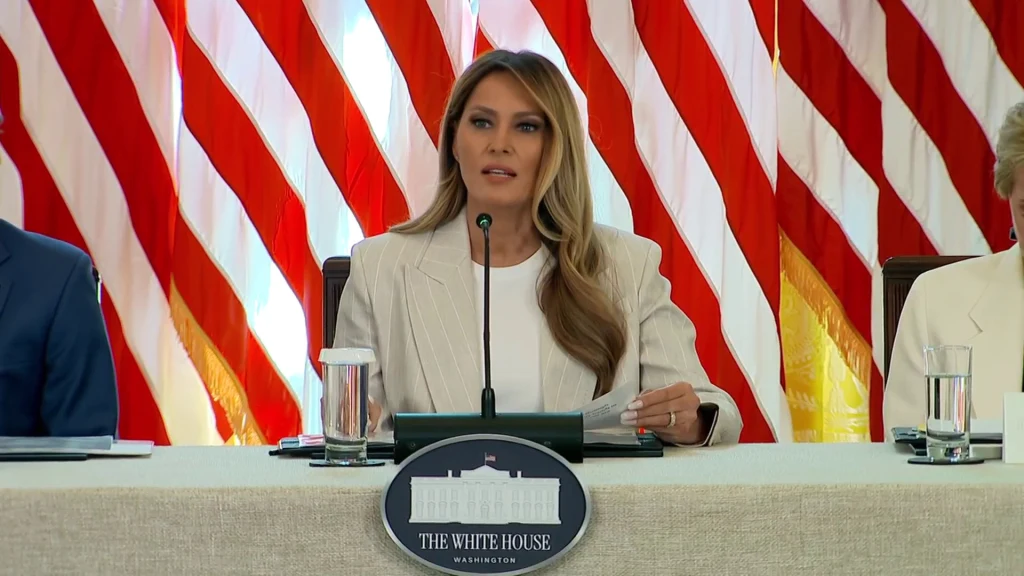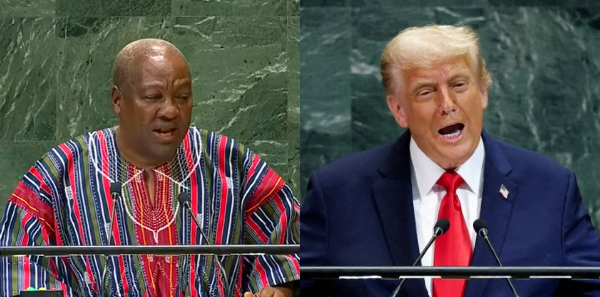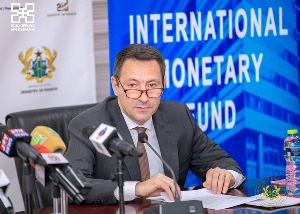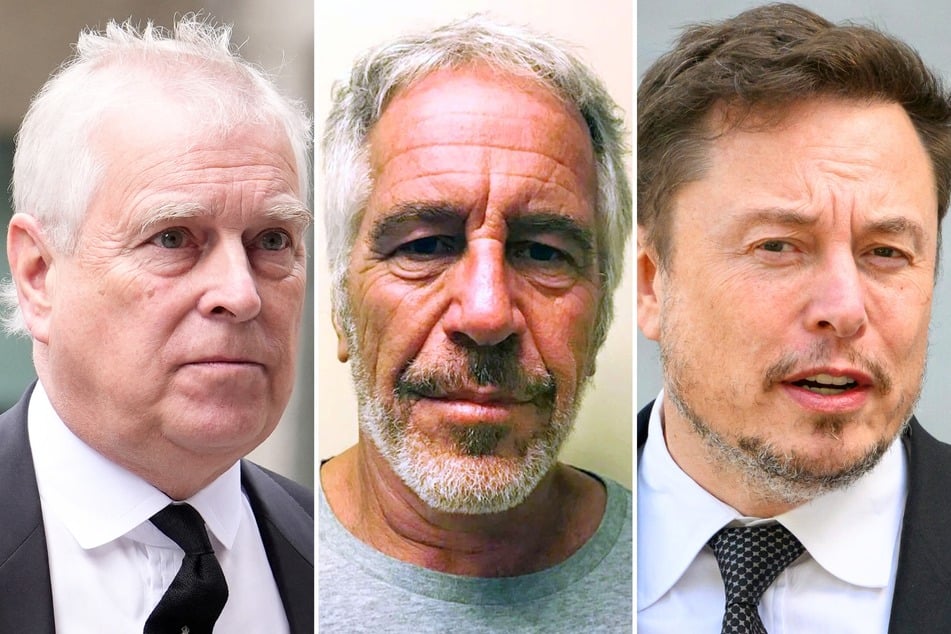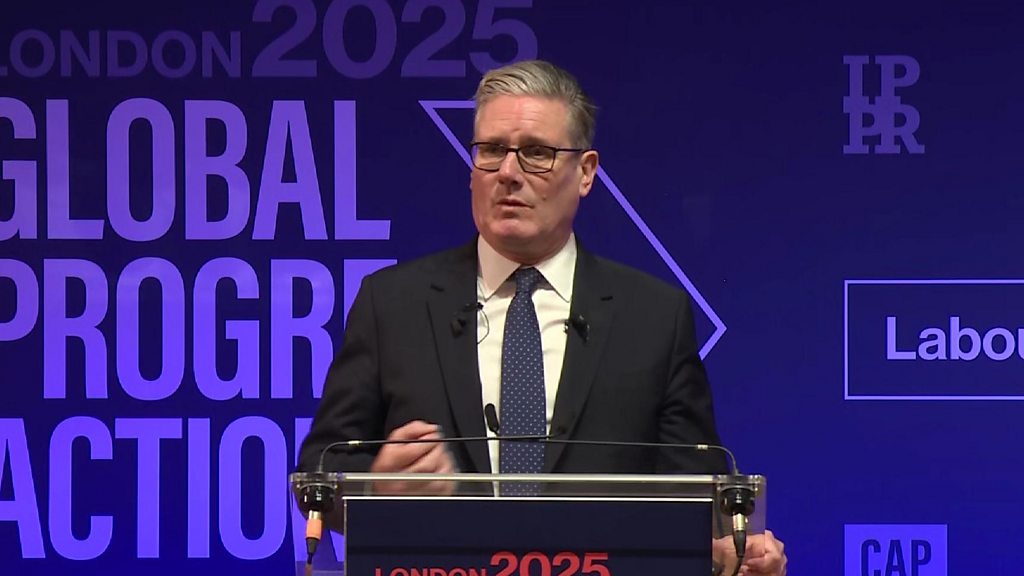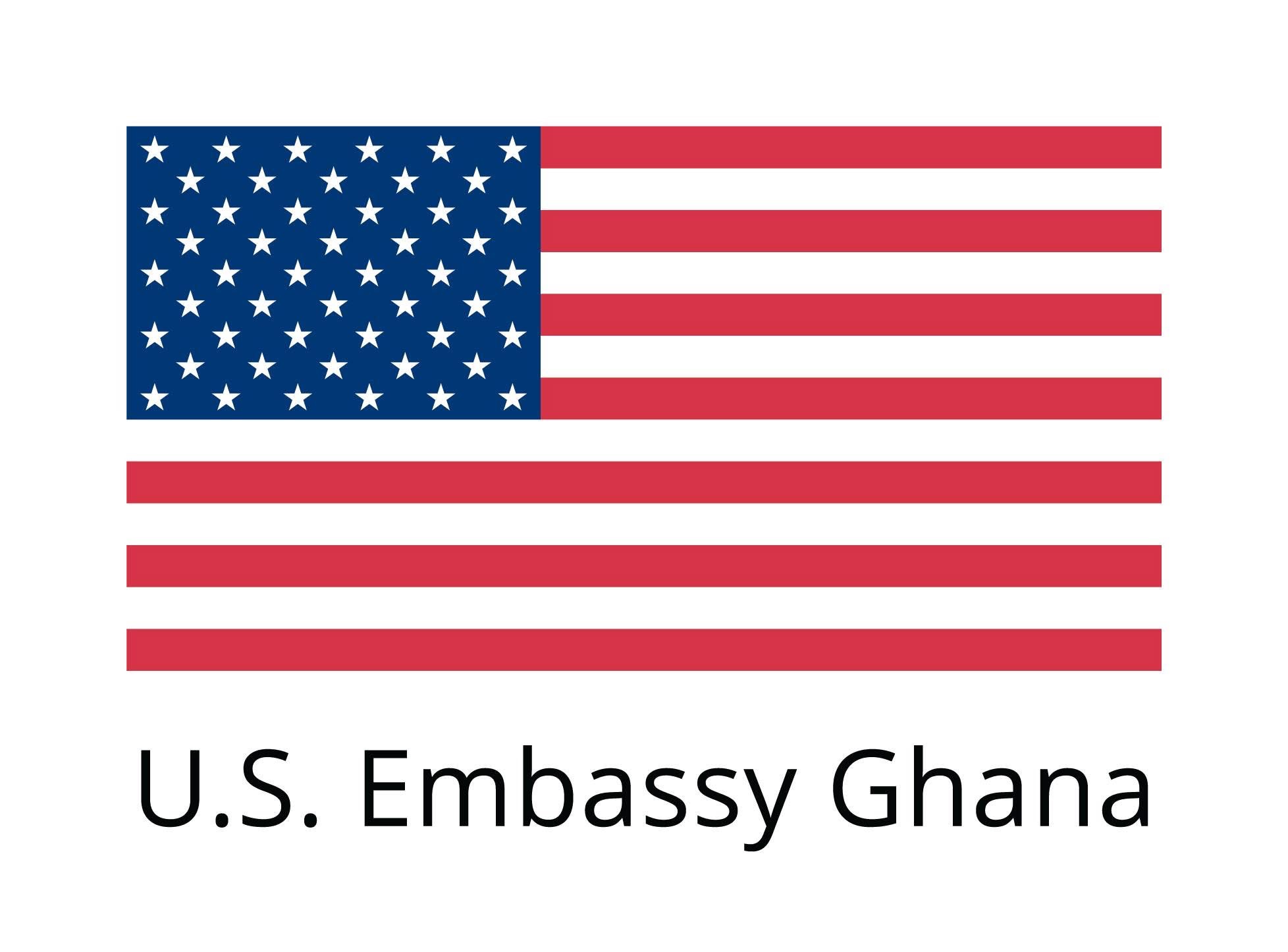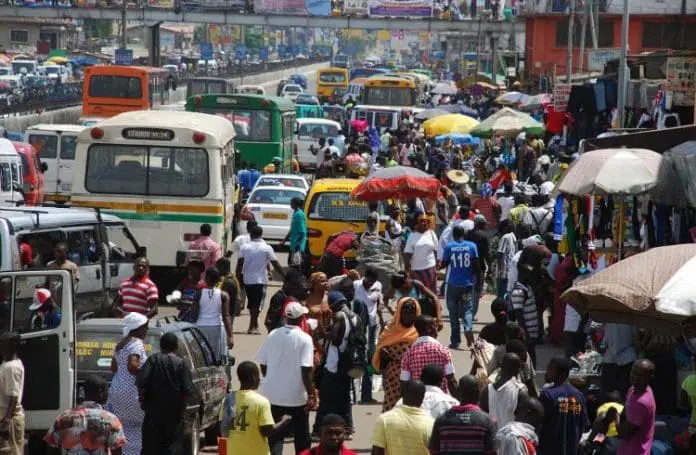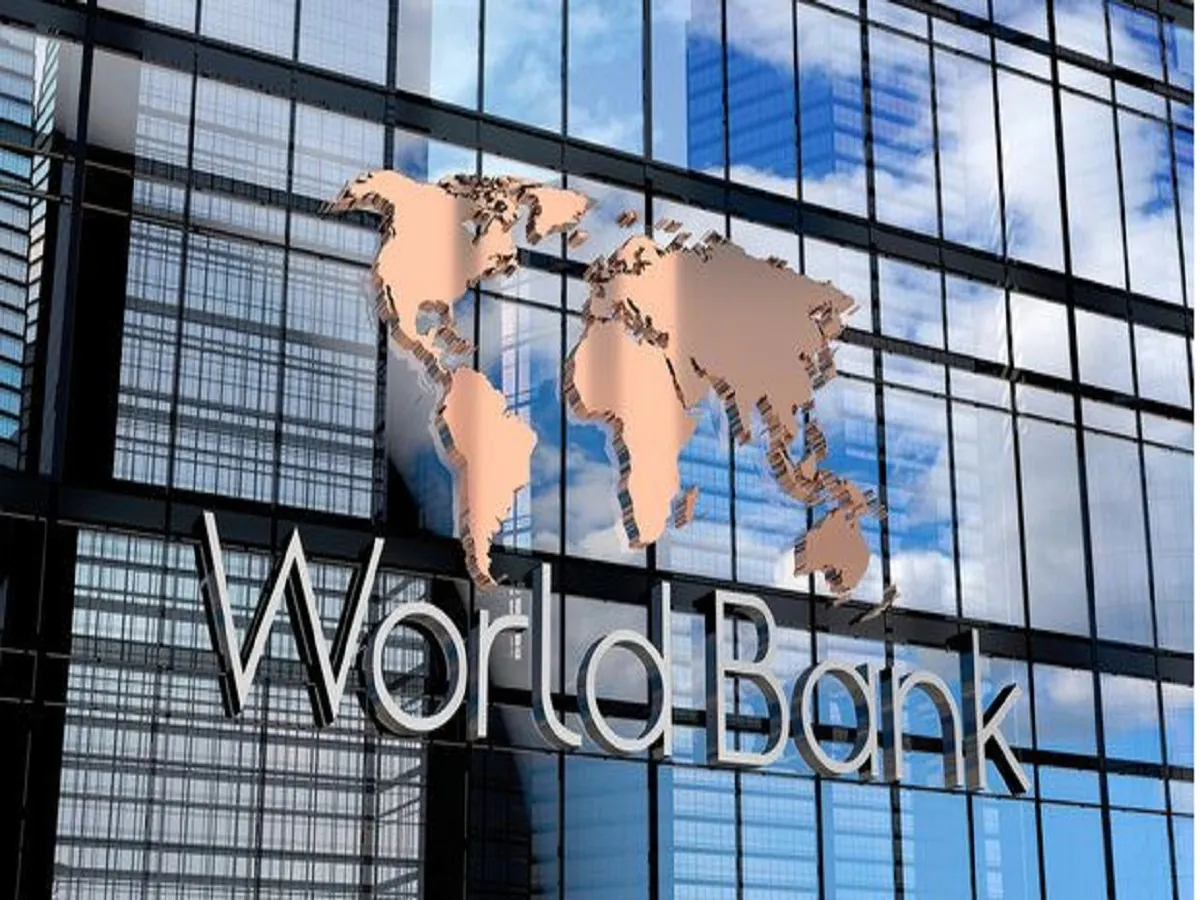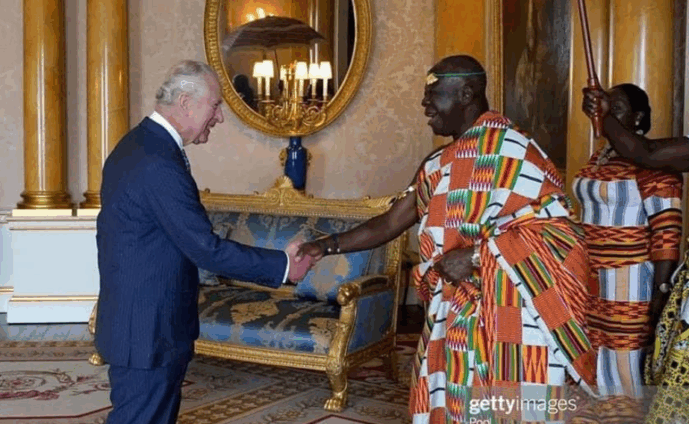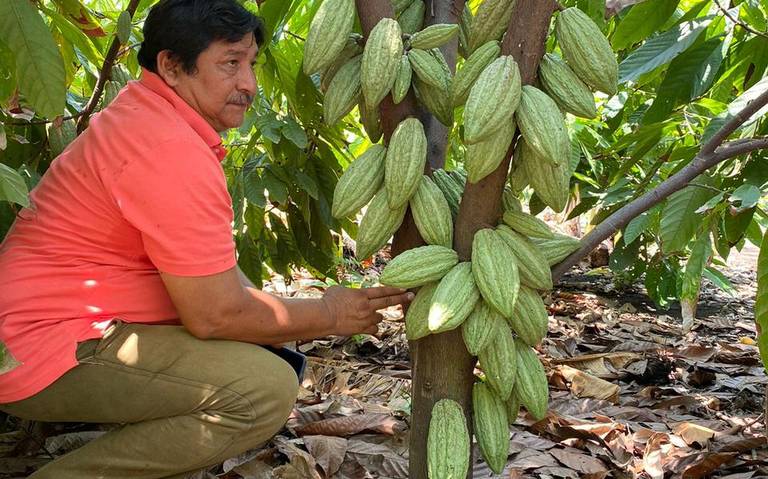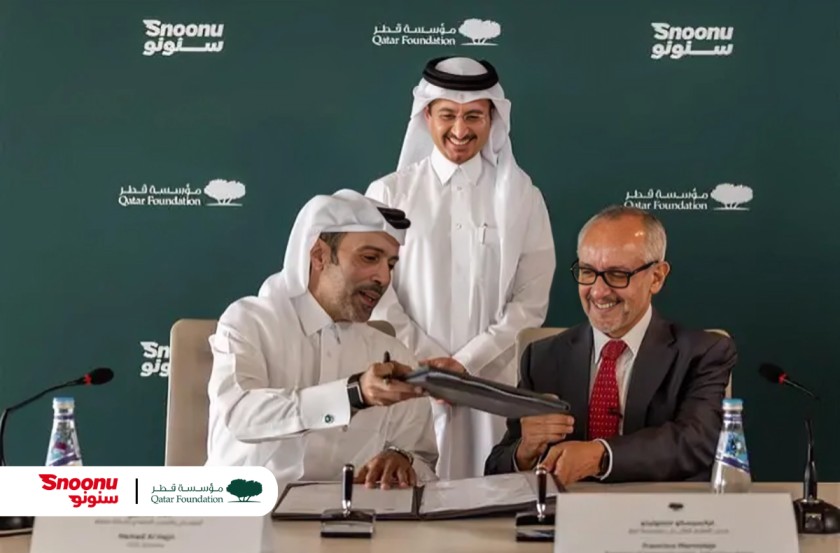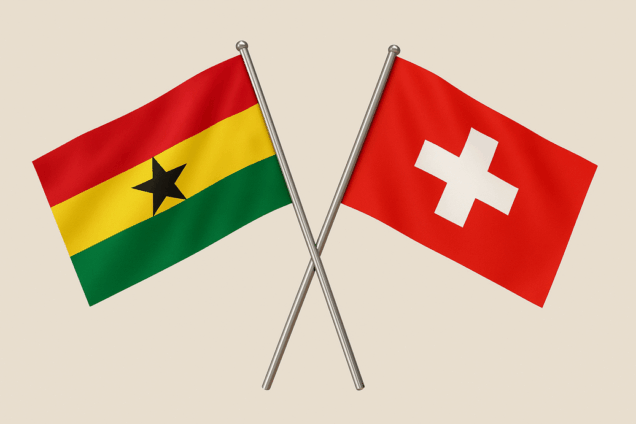
A Swiss-financed carbon credit project in Ghana, touted as a landmark in global climate cooperation, is facing mounting questions over transparency, inflated figures, and a lack of public accountability.
On July 7, 2025, Ghana and Switzerland issued their first Internationally Transferred Mitigation Outcomes (ITMOs) under the Paris Agreement’s Article 6.2 framework. The deal centred on the Transformative Cookstove Activity in Rural Ghana, a project designed to distribute 180,000 efficient stoves to households and reduce emissions.
The following evening, diplomats, politicians, and business leaders gathered at the Swiss Embassy in Accra to toast the milestone. A total of 11,733 ITMOs were credited, with the emission savings transferred to Switzerland’s KliK Foundation to help meet its Paris climate commitments.
But while the ceremony highlighted success, deeper scrutiny has revealed unease. Despite the public fanfare, Ghanaian partners linked to the project remain tight-lipped, declining to engage journalists or disclose how many stoves have actually been sold.
In rural communities such as Kasei in the Ashanti Region, some beneficiaries say the new cookstoves are life-changing. For 31-year-old mother of three, Salla Seidu, the GH¢180 stove means using less charcoal, saving money, and protecting her family’s health. “It produces less smoke and cooks faster,” she told reporters with excitement.
Each meal prepared on the stove also contributes to Switzerland’s carbon reduction targets. If all 180,000 planned stoves were distributed, they could save about three million tonnes of CO₂. savings that Switzerland would count toward its international obligations.
Yet, beyond the households, project partners have avoided questions. Farmerline, the distributor, ignored repeated requests for comment, while Envirofit, the U.S. manufacturer, also failed to respond after initially agreeing to interviews. Even ACT Commodities, the Amsterdam-based firm behind the project design and trading of the CO₂ certificates, has maintained silence despite its prominent role in the billion-euro carbon trading industry.
Investigations by Swiss publication Beobachter and Ghana Business News revealed that the project had initially overestimated its emission reduction potential. The fraction of non-renewable biomass (fNRB), a key measure in carbon accounting, was exaggerated by up to 79%, inflating the climate benefits.
Documents later forced into the public domain showed that Switzerland’s Federal Office for the Environment (FOEN) intervened, setting the fNRB at 30% to prevent over-crediting. This adjustment slashed projected savings from 3.2 million tonnes of CO₂ down to 1.3 million tonnes.
Behind-the-Scenes Lobbying
Leaked memos also reveal heavy lobbying from KliK Foundation and ACT, who pushed for higher values to keep projects financially viable. Swiss regulators pushed back, warning against overstating climate benefits. The exchanges exposed tensions between commercial interests and scientific caution, with critics describing the secrecy as troubling for a project billed as pioneering.
Despite the controversy, Ghana is eager to unlock the potential of carbon trading. Reports by the Environmental Protection Authority suggest the country could attract over $1 billion in investments by 2030 through carbon markets, while the World Bank confirms Ghana has already earned $4.8 million from reducing forest-related emissions.
Still, transparency remains critical. Climate policy experts such as Delia Berner of Alliance Sud warn that projects lacking openness risk overstating results. “The most important parameters must be made public so society can judge the quality of these projects,” she argued.
For women in villages like Kasei, the stoves have brought relief, even if they are too small for preparing large meals. But in Accra and Zurich, the fight over numbers, certificates, and climate targets rages on, showing how a cooking pot in Ghana has become part of Switzerland’s climate ledger.
The Ghana-Switzerland cookstove deal was meant to symbolize progress in international climate cooperation. Instead, it has exposed a troubling mix of corporate secrecy, contested figures, and global climate politics, leaving ordinary Ghanaian families caught between daily survival and distant carbon markets.
Discover more from Hot Stories Ghana
Subscribe to get the latest posts sent to your email.







